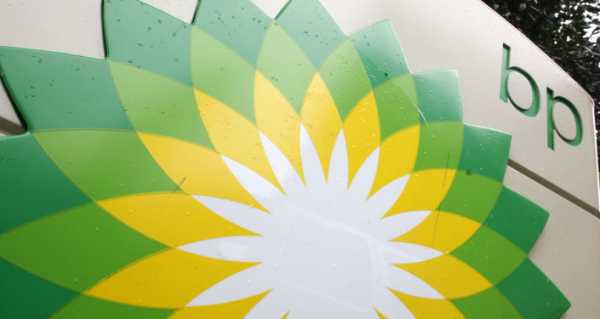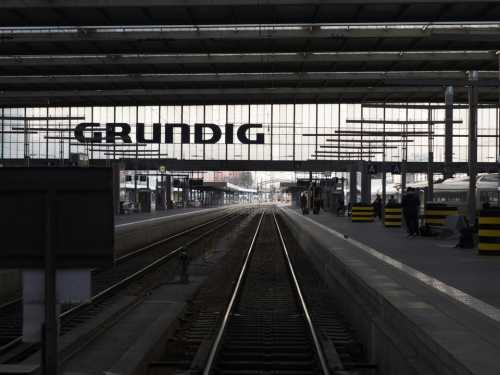
The oil giant, which recently changed leadership, is pinning its hopes on the rapid expansion of non-fossil fuel energy, specifically green energy, which has been receiving the support of many Western governments and could draw the attention India and China due to ecological issues.
The British oil giant BP has painted a grim future for the oil market in the coming three decades with a forecast that runs counter to the mainstream prognosis of a restoration of crude demand after the end of the pandemic. According to BP’s latest Energy Outlook report, oil demand will hit a ceiling in the best-case scenario in 2030, and it will be much lower than the 130 million barrels per day predicted by numerous analysts, oil companies, and OPEC countries.

The sun sets behind an idle pump jack near Karnes City, Texas, Wednesday, April 8, 2020. Demand for oil continues to fall due to the new coronavirus outbreak
The oil giant, which has been redirecting its efforts to invest in green energy with the arrival of Bernard Looney as its new CEO, believes that growth in demand will be rather flat and will be followed by a major drop, even after the end of the pandemic. The company argues that the coronavirus lockdowns will lead to behavioural changes in society, such as more people working from home, which in turn will reduce the consumption of liquid fuels and thus the demand for crude. Another source of diminishing oil consumption will be the global trend to reduce carbon emissions, BP claims in its report.
Three Scenarios of Oil’s Decline
While predictions about the end of the fossil fuels era are not new to the market, BP has become the first major energy company to support this notion becoming a reality in the foreseeable future. The oil giant’s Energy Outlook depicts three scenarios for oil demand in the coming three decades.
“Business-as-usual” suggests that the ecological legislation and social demands for greener energy will evolve at a rate similar to that of recent years. This is the only scenario that forecasts at least some growth in black gold’s demand, which will end after reaching 100 million barrels per day sometime around 2030. After that, the demand will fall by around 7% by 2050 compared to the 2018 level.
BP expects that the biggest drops in oil consumption according to these forecasts will occur in developed countries and China, and will be joined by India and Asia closer to 2050. At the same time, the Business-as-usual and “Rapid” scenarios do not suggest a drop in the use of natural gas for energy generation over the next 30 years.
Notably, the 2020 Energy Outlook report does not include a projection for “more energy” in terms of oil consumption, thus it does not consider the option that after the end of the pandemic, demand for crude will only grow, returning to the pre-lockdown levels – something that most other energy companies and oil-producing countries expect.
Sourse: sputniknews.com






